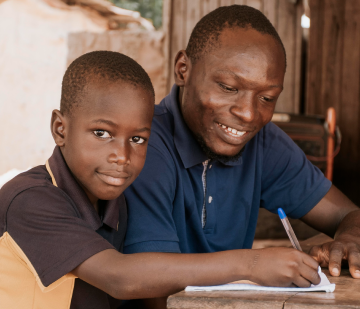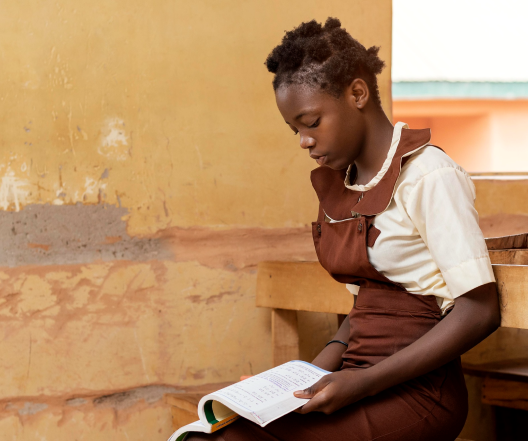Program Description:
In Fouquier’s (2009) study of 18 African American women across three generations mothers expressed concern in raising sons and identified the experience as different than raising daughters. In support, Black middle-class mothers in Dow’s (2016) study revealed that mothers were particularly concerned with preventing their sons from being perceived as thugs or criminals. One participant recalls a conversation with her son wherein she was trying to protect him from unnecessary stress and trauma by discouraging him from wearing a hoodie. In other words, while maleness has some connection with privilege, Dow’s research demonstrates how racialized maleness can actually be a ‘symbolic liability’. Drawing on the knowledge and years of research of Black child psychologists such as Jawanza Kunjufu and Amos Wilson, this workshop provides participants with evidence-base tools and proven methods for the successful development of Black adolescent males.


This workshop is perfect for you if:
- You work with adolescent Black men.
- You are a nonprofit professional who provides services to Black youth
- If you are interested in developing more culturally responsive programming
- If you are interested in changing the overidentification and placement of Black males in special education programming and disciplinary measures.


Program Description:
Despite the availability of methods, theories and paradigms developed by scholars versed in the cultural norms and socio-political dynamics inherent in the Black female standpoint; Black girls continue to be analyzed using Eurocentric frameworks and the standpoint of Black women and girls are pushed to the margins. Furthermore, programming that stresses theory-informed practices could benefit from the application of theoretical frameworks that are contextualized by race, gender, and class. Not considering the standpoint of Black people perpetuates misrecognition and the unquestioned authority of the white affluent owning class over developing programming and policies that impact the lives of Black families and by extension their families. This workshop will explore the theories, paradigms and program concepts that have an afro-centric evidence-based approach to youth empowerment and development.



